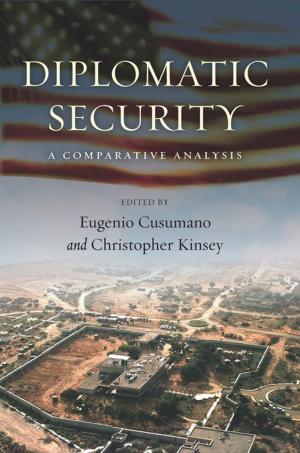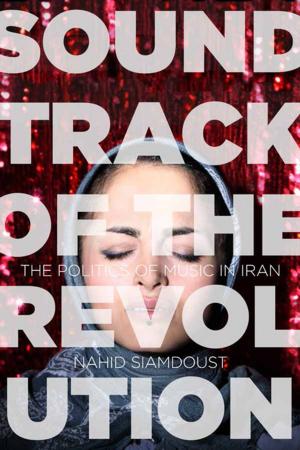Proxy Warriors
The Rise and Fall of State-Sponsored Militias
Nonfiction, Social & Cultural Studies, Political Science, International, International Security| Author: | Ariel Ahram | ISBN: | 9780804777407 |
| Publisher: | Stanford University Press | Publication: | January 26, 2011 |
| Imprint: | Stanford Security Studies | Language: | English |
| Author: | Ariel Ahram |
| ISBN: | 9780804777407 |
| Publisher: | Stanford University Press |
| Publication: | January 26, 2011 |
| Imprint: | Stanford Security Studies |
| Language: | English |
In this book, Ariel Ahram offers a new perspective on a growing threat to international and human security—the reliance of 'weak states' on quasi-official militias, paramilitaries, and warlords. Tracing the history of several "high profile" paramilitary organizations, including Indonesia's various militia factions, Iraq's tribal "awakening," and Iran's Revolutionary Guard and Basij corps, the book shows why and how states co-opt these groups, turning former rebels into state-sponsored militias. Building on an historical and comparative empirical approach that emphasizes decolonization, revolution, and international threat, the author offers a new set of policy prescriptions for addressing this escalating international crisis—with particular attention to strategies for mitigating the impact of this devolution of violence on the internal and international stability of states.
In this book, Ariel Ahram offers a new perspective on a growing threat to international and human security—the reliance of 'weak states' on quasi-official militias, paramilitaries, and warlords. Tracing the history of several "high profile" paramilitary organizations, including Indonesia's various militia factions, Iraq's tribal "awakening," and Iran's Revolutionary Guard and Basij corps, the book shows why and how states co-opt these groups, turning former rebels into state-sponsored militias. Building on an historical and comparative empirical approach that emphasizes decolonization, revolution, and international threat, the author offers a new set of policy prescriptions for addressing this escalating international crisis—with particular attention to strategies for mitigating the impact of this devolution of violence on the internal and international stability of states.















